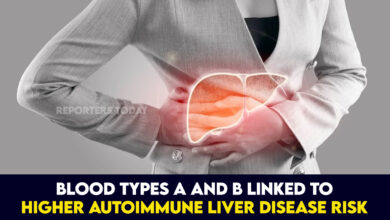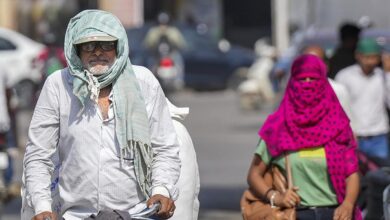90 pc of 400 million people infected with Hepatitis-B unaware about their condition

Surjit Kumar Dhal, Bhubaneswar, July 29: Hepatitis-B, 100 times more infectious than HIV and one of the biggest killer diseases prowling the earth, has been claiming a staggering 1.5 million lives worldwide every year.
“But the scariest aspect of this disease has been that though around 400 million people in the world are carrying the infection, more than 90 per cent of them are unaware about it,” Dr. Manoj Kumar Sahu, Head of the Department of Gastroenterology at the Institute of Medical Sciences and SUM Hospital, said on Sunday.
Advances in medical science has helped reduce mortality from diseases like HIV/AIDS, tuberculosis and malaria, but the casualty caused by Hepatitis-B has increased by 22 per cent since 2000, he said while addressing a programme organised to mark the World Hepatitis Day.
Speaker of the Odisha Legislative Assembly Surya Narayan Patro graced the programme as the chief guest which was presided over by Prof. Amit Banerjee, Vice-Chancellor of the SOA Deemed to be University.
The programme was organised in the SOA campus with hundreds of students participating many of whom were screened for Hepatitis-B and immunized against the infection free of cost. The students also took out a rally in the morning carrying placards to create awareness about the disease.
Dr. Sahu said there were five strains of Hepatitis (the word meaning inflammation of the liver) — A, B,C,D and E—of which Hepatitis-B and C were the most common cause of liver cirrhosis and liver cancer in India.
“While Hepatitis-A and E were transmitted by ingestion of contaminated food and water, Hepatitis-B, C and D spread through contact with blood and infected body fluids,” he said adding the infection spread through receipt of contaminated blood or blood products, invasive medical procedures using contaminated equipment, sharing needles for injections and blades for shaving and sexual contact.
The people, who are infected but are unaware about their condition, are at high risk of developing chronic liver disease and complications and at the same time unknowingly keep transmitting the infection to healthy people, Dr. Sahu said adding the theme for the World Hepatitis Day this year was “Find the Missing Millions”.
“However, the good news is that a very effective vaccine is available since 1982 which can prevent the infection,” he informed.
This vaccine, he said, could be administered to any person of any age including pregnant women with the protection lasting a lifetime. Though there was no vaccine for Hepatitis-C, cure was available. A single tablet, if used for three months, could completely cure the infection.
The World Health Organisation (WHO) aimed to eliminate Hepatitis-B by 2030, Dr. Sahu said.
Prof. Banerjee said the SOA Deemed to be University, which has been in the forefront of the battle against Hepatitis in the state, had launched the SOA Adivasi Hepatitis Mission (SOAAHM) three years ago in a bid to screen tribal children against the disease and immunize them. He sought Mr. Patro’s help and support for taking the programme forward.
The Vice-Chancellor also announced that the IMS and SUM Hospital, which has been extending free screening and immmunisation against Hepatitis-B everyday round the year for the last eight years, would endeavour to provide free treatment to persons afflicted with Hepatitis-C.
Lauding SOA for taking up the battle against Hepatitis-B, Mr. Patro said that the programme should spread in the tribal belts as the incidence of the disease is high in those areas. “The entire state is before you, take every step to create awareness among the people,” he said while pointing out that people still depended on quacks for cure in the interior areas.
Prof. Banerjee said that any person who had undergone blood transfusion for any reason should undergo screening for Hepatitis-B.
Dr. Pushparaj Samantasinhar, Medical Superintendent of SUM Hospital, Dr. Ajay Kumar Jena, Additional Dean of IMS and SUM Hospital, Dr. Jyoti Ranjan Das, Dean (Students’ Welfare) and Dr. Jimmy Narayan, Associate Professor in the Department of Gastroenterology at IMS and SUM Hospital also spoke. A play was also staged on the occasion to create awareness about Hepatitis.





